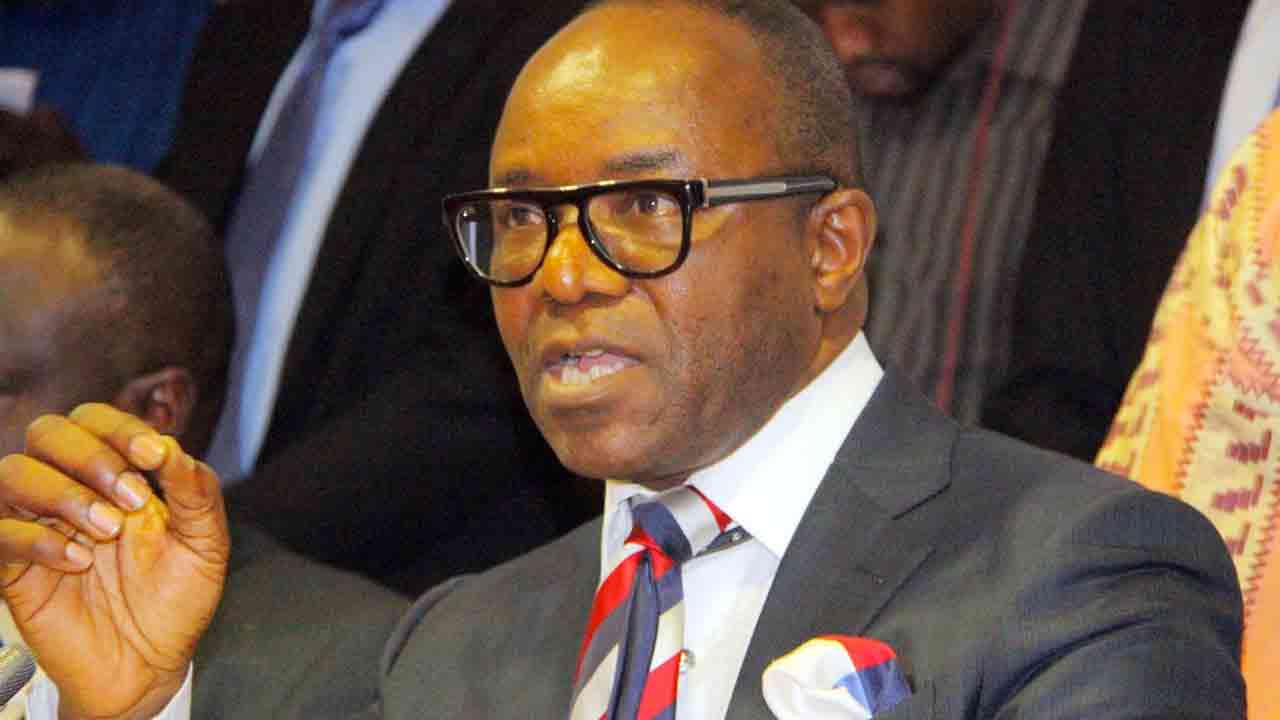Amidst escalating tensions between Iran and Israel, the global oil markets find itself in a precarious position, with traders and investors anxiously watching for potential ramifications on prices and supply dynamics.
The latest developments have cast a shadow of uncertainty over the already volatile energy sector, prompting a flurry of activity and speculation among industry players.
Last week marked a downturn for oil as Brent crude experienced its first back-to-back weekly decline of the year, slipping below $87 a barrel. This decline, coupled with the largest drop since early February, reflects the unease permeating through the market as geopolitical tensions in the Middle East reach a fever pitch.
The catalyst for this downturn stems from a series of events that unfolded in the region.
Iran’s unprecedented drone and missile strike on Israel sent shockwaves through the international community, triggering a swift response from Israeli authorities.
However, conflicting reports emerged regarding the severity of Israel’s retaliation, leaving traders grappling with uncertainty over the potential escalation of hostilities.
In response to the heightened tensions, the US House of Representatives passed new sanctions targeting Iran’s oil sector, signaling a firm stance against the Islamic Republic’s aggressive actions.
With the measure now poised for Senate approval, the specter of further economic pressure on Iran looms large, raising concerns about potential disruptions to global oil supplies.
Warren Patterson, head of commodities strategy for ING Groep NV, who commented on the surprising resilience of oil prices in the face of heightened risk and tension in the Middle East, noted that while the market remains vigilant, it appears unfazed by the current geopolitical climate, choosing instead to adopt a wait-and-see approach regarding the impact of US sanctions on Iranian oil flows.
Despite the prevailing sense of uncertainty, there are signs of bullish sentiment among money managers, who are increasingly positioning themselves to capitalize on any potential spikes in oil prices.
Oil call options, which profit from price increases, are trading at a premium over puts, indicating a belief among investors that the market could tilt in favor of higher prices amidst geopolitical turmoil.
Looking ahead, the focus shifts to a flurry of upcoming events that could further shape the trajectory of oil markets.
Investors eagerly await a slew of economic data from the United States, including key indicators such as the Federal Reserve’s preferred measure of inflation, which will provide valuable insights into the future path of monetary policy.
Additionally, earnings reports from major oil companies, including TotalEnergies SE, Chevron Corp., and Exxon Mobil Corp., are set to be released this week.
These reports will offer a glimpse into the financial health of the industry giants and shed light on their production growth strategies amid a backdrop of geopolitical instability.
As tensions continue to simmer in the Middle East, the oil markets remain on edge, with every development closely scrutinized for its potential impact on prices and global energy security.
In this climate of uncertainty, traders and investors alike brace themselves for the next twist in this geopolitical saga, mindful of the far-reaching implications for the world’s most vital commodity.


 Forex2 weeks ago
Forex2 weeks ago


 Naira2 weeks ago
Naira2 weeks ago
 Billionaire Watch2 weeks ago
Billionaire Watch2 weeks ago




 Naira2 weeks ago
Naira2 weeks ago




 Naira2 weeks ago
Naira2 weeks ago




 Naira4 weeks ago
Naira4 weeks ago


 Naira6 days ago
Naira6 days ago
 Banking Sector4 weeks ago
Banking Sector4 weeks ago





















